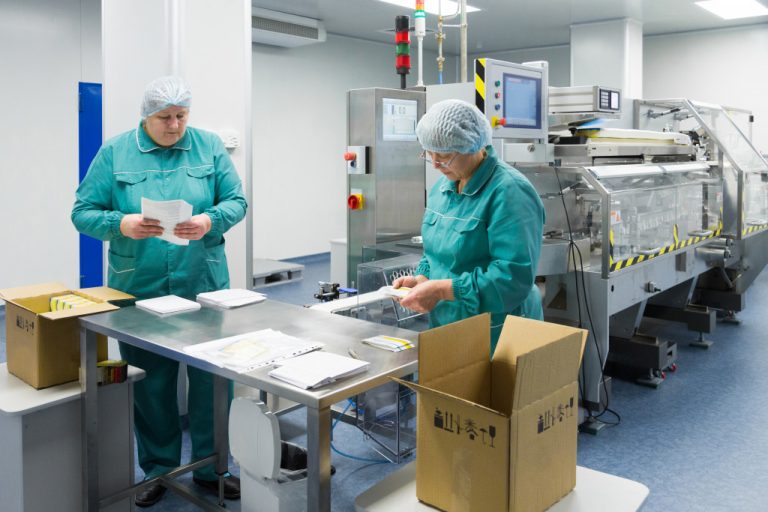A successful pharmaceutical company runs efficiently and effectively by utilizing various systems. In particular, there are different systems that the company should maintain if it wants to dominate the competitive field it’s in. Take a look at each one.
Quality Control System
The quality control system of a pharmaceutical company is essential for its success. It ensures that all products the business produce meet safety and quality standards.
A quality control system includes:
- Setting up a quality assurance team.
- Conducting regular inspections of products.
- Implementing corrective actions when necessary.
This system is essential because it helps the company maintain product consistency and reliability while ensuring customer satisfaction. With this in place, a pharmaceutical company could guarantee that its products are safe and effective.
Cleanroom System
A cleanroom system is also essential to maintain in a pharmaceutical company. It helps the business adhere to best practices in controlling contamination and minimizing risk. It controls the facility’s environment, such as humidity and temperature, to ensure that products are manufactured under clean conditions.
A highly efficient ISO 6 cleanroom helps reduce the risk of contamination in the production process, which ensures consistent and reliable product quality. It also helps to minimize airborne particles in the environment, which can be contaminated with active ingredients or other hazardous substances.
Furthermore, this helps to maintain a safe working environment for employees. The proper measures and procedures can help prevent cross-contamination of different materials.
Supply Chain System
A supply chain system involves managing the flow of materials from suppliers to customers. This system should include efficient processes for procuring raw materials from suppliers, manufacturing products, and shipping those products to customers efficiently.
For instance, a pharmaceutical company should ensure an adequate supply of raw materials to meet customer demand without having too much excess inventory. They should also be able to track the movement of each product through the entire process, from its origin to its destination.
A pharmaceutical company can increase efficiency and reduce procurement, manufacturing, and shipping costs by implementing a supply chain system. The goal is for the supply chain system to be flexible enough to adjust quickly to changes in customer demand or market conditions.

Inventory Management System
An inventory management system keeps track of all inventory items in a pharmacy, including drugs, medical devices, and medical equipment. This includes their location within the facility at all times.
This system helps ensure enough supplies are available when needed while preventing wastage or loss due to expired items or theft. It also helps reduce costs associated with controlling inventory and managing stock levels.
The system also helps monitor products’ expiration dates, preventing them from being used or sold past their due date. With an efficient inventory management system, a pharmaceutical company can ensure that all its products are safe and reliable for customers.
Regulatory Compliance System
A regulatory compliance system ensures that a pharmaceutical company adheres to applicable laws and regulations related to its operations. Specifically, this system includes documenting procedures and policies related to these regulations. It also provides training for employees involved in production activities or handling hazardous substances.
This also helps ensure that the company remains compliant with applicable safety standards while protecting employees and customers from any potential risks associated with its operations. Moreover, a regulatory compliance system can help reduce the costs related to legal liabilities and possible penalties for violations.
A regulatory compliance system also ensures that a pharmaceutical company meets all relevant regulations, which helps protect its reputation and products.
Data Management System
Data management systems help companies analyze their operational performance based on data collected from various sources, such as sales records or customer feedback surveys. It allows them to make informed decisions about improving their operations in the future.
In addition, this type of system can also help companies identify areas where they can increase efficiency or reduce costs through automation or other process improvements over time. With this, pharmaceutical companies can better handle their operations and ensure they are using their resources effectively.
By leveraging data management systems, a pharmaceutical company can gain valuable insights into its operations, helping it better position itself for continued success and growth.
For any pharmaceutical business to succeed in today’s competitive marketplaces, it must have systems that manage everything from quality control to regulatory compliance matters. All of the systems discussed above are prime examples thereof! By taking advantage of these and maintaining them properly, any pharmacy organization owner or operator should have no difficulty staying ahead of the game.




